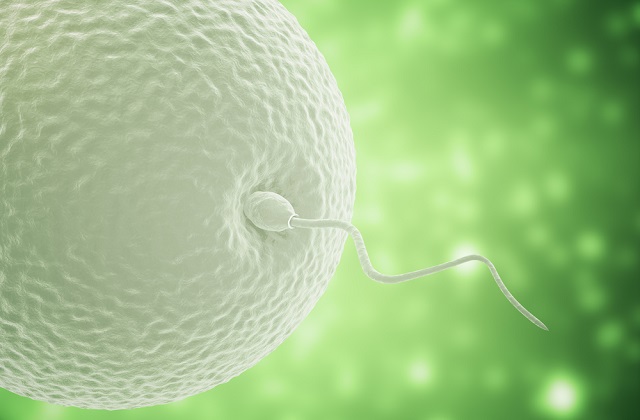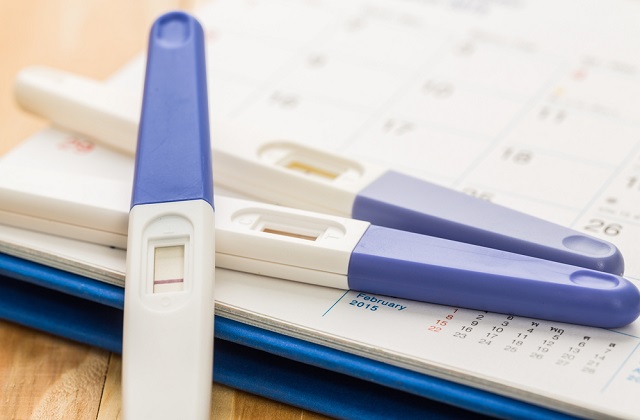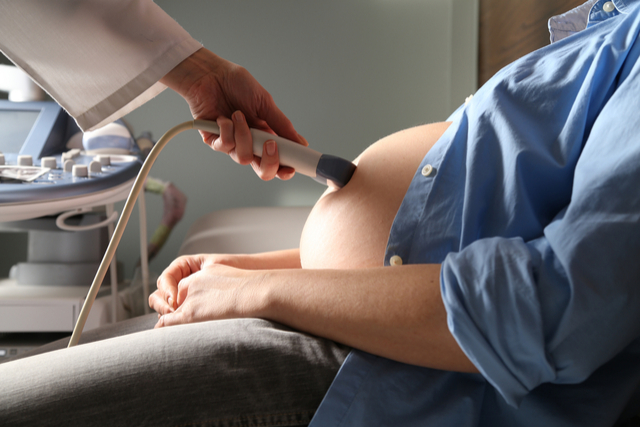An Introduction to In Vitro Fertilization (IVF)
What is IVF?
For couples who have problems conceiving a child or have attempted Artificial Insemination (IUI) but reaped no results, in-vitro fertilization (IVF) can offer a solution to a variety of fertility issues.
As the name suggests, “in-vitro” means “in-glass”, which means that fertilization occurs in a glass dish instead of the fallopian tubes. During an IVF procedure, eggs are taken from the female’s body and combined with the partner’s sperm in the laboratory.
Process of IVF:
At the beginning of the menstrual cycle, you will be advised by your doctor to take a fertility drug that stimulates your ovaries to produce a few mature eggs. In a normal menstrual cycle, the body only produces one egg per month. Using ultrasound, the doctor will predict your ovulation time to observe the maturity of your eggs.
Once the eggs have matured, the doctor will proceed to extract the eggs from your body by inserting a needle through your vagina while using ultrasound for guidance. Don’t worry! You will be given anesthesia to numb the pain. Your eggs will then be combined with your partner’s sperm in a dish in a laboratory.
Your eggs should be fertilized within two to five days. At this point, each of the fertilized eggs become a ball of cells called embryos. The doctor will place two to four of your embryos in your uterus. Any extra embryos will be temporarily frozen in the event that the embryos in your body fail to implant in your uterine wall. You will then take a pregnancy test two weeks later to check the success of the implantation.
The length of the IVF procedure takes about four to six weeks, from the start of your menstrual cycle to having the embryos inserted into your body.
Success Rate:
The outcomes of IVF vary from couple to couple. Factors affecting the success rates of IVF include the couples’ fertility problems and their age. In general, for each cycle of treatment, women who undergo IVF have approximately 35% chance of getting pregnant and 28% chance of successfully delivering a baby.
Pros and Cons:
Pros:
- IVF is the oldest assisted reproductive technology (ART). Extensive research has been done on children conceived by this method and up till now, no medical issues have been found to be associated with it.
- Contrary to belief, fertility drugs do not increase a woman’s risk of developing ovarian cancer.
Cons:
- Because more than one embryo is placed into your body, there is more than 30% chance that you will conceive twins or more. Whether this is good or bad varies from couple to couple.
- Women who have trouble conceiving naturally have a higher risk of having an ectopic pregnancy i.e. a condition in which the embryo implants itself in the fallopian tubes or abdominal cavity, instead of the uterus.
- Fertility drugs may cause some women to experience weight gain and a bloated feeling. Sometimes, they may also get shortness of breath, dizziness, pelvic pain, nausea and vomiting. However, this is usually resolved with rest and careful monitoring by a doctor.
Who is IVF suitable for?
IVF is suitable for the following groups of couples:
- Women with damaged or blocked fallopian tubes
- Women with ovulatory dysfunction
- Unexplained infertility
- Men with sperm disorder
- Couples with immunological problems
List of IVF Centres in Singapore:
Public Hospitals
Private Hospitals
- Thomson Fertility Centre
- Michelle Lee Women & Fertility Clinic
- Gleneagles IVF Centre
- Mount Elizabeth Fertility Centre
- Raffles Fertility Centre
- Parkway East Fertility Centre
- Virtus Fertility Centre
Sources:
Fertility treatment: In vitro fertilization (IVF). (2010). Retrieved from http://www.nuhgynae.com.sg/cos/o.x?c=/wbn/pagetree&func=view&rid=1039662
IVF Treatment & Procedures | Virtus Fertility Singapore. (2014). Retrieved from https://www.virtusfertilitycentre.com.sg/fertility-services/ivf-treatment









